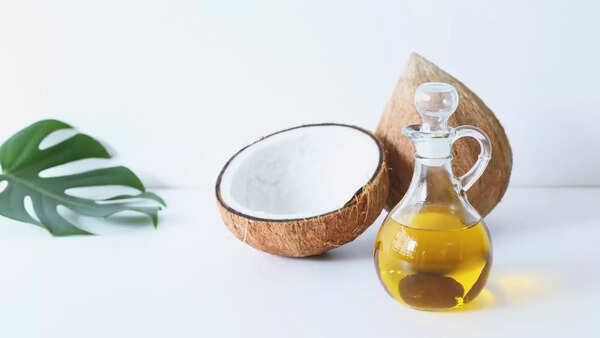Maintaining healthy and stylish hair often involves using the right hair products. These products can enhance shine, volume, texture, and protect against heat damage. However, with a vast array of options available, selecting the most suitable product can be challenging. Hair serums, often promoted for their transformative qualities, are one such product. While the promise of immediate results is appealing, it’s crucial to understand that haircare is not a one-size-fits-all endeavor.
Different hair products serve distinct purposes, and what benefits one person may not necessarily benefit another. To make an informed choice, it's essential to understand the differences between hair serums and hair oils, enabling you to select the product that best aligns with your hair type and specific needs.

A hair serum is a lightweight, leave-in treatment designed to provide multiple benefits. Typically formulated with a blend of natural and synthetic ingredients, such as silicones, oils, and antioxidants, hair serums protect and improve the health and appearance of hair. They are suitable for various hair types, including dry, damaged, and color-treated hair.

To maximize the benefits of hair serum, follow these steps:
By following these guidelines, you can leverage the full potential of hair serums for healthier and more manageable hair.

Hair oil serves as a conditioning treatment, nourishing and hydrating hair to promote overall health and shine. Rich in fatty acids, hair oil penetrates the hair shaft to lubricate and protect against damage. Suitable for all hair types, it is particularly effective for addressing dryness, breakage, frizz, and split ends. It is an excellent alternative to serums, especially for those seeking intense nourishment.

Adjust the application method based on the type of oil and your hair's texture to achieve the best outcome.
Consistent and appropriate use of hair oil, tailored to your hair type and texture, can yield numerous benefits:

Newer articles
Older articles
 Smith Eyes Grenada Test Return After Injury Recovery
Smith Eyes Grenada Test Return After Injury Recovery
 Google Maps Boosts Navigation Precision with Fused Orientation Provider Update
Google Maps Boosts Navigation Precision with Fused Orientation Provider Update
 Earth Sciences Minister Rijiju Expresses Frustration Over Atos Supercomputer Delay, Jeopardizing Weather Forecast Upgrades
Earth Sciences Minister Rijiju Expresses Frustration Over Atos Supercomputer Delay, Jeopardizing Weather Forecast Upgrades
 Washington Freedom Snatch Last-Ball Win Over Knight Riders in MLC Thriller; Playoff Hopes Soar
Washington Freedom Snatch Last-Ball Win Over Knight Riders in MLC Thriller; Playoff Hopes Soar
 East Africa Rift: Mantle Upwelling Drives Birth of New Ocean, Study Finds
East Africa Rift: Mantle Upwelling Drives Birth of New Ocean, Study Finds
 Prasidh Krishna Vows to Sharpen Bowling After Costly Leeds Performance
Prasidh Krishna Vows to Sharpen Bowling After Costly Leeds Performance
 Colon Cancer: Don't Ignore These 5 Subtle Warning Signs
Colon Cancer: Don't Ignore These 5 Subtle Warning Signs
 Gavaskar Urges India to Replace Thakur with Yadav for Second Test Against England
Gavaskar Urges India to Replace Thakur with Yadav for Second Test Against England
 Rishabh Pant's Unconventional Batting Style Is Revolutionizing Cricket, Says Greg Chappell
Rishabh Pant's Unconventional Batting Style Is Revolutionizing Cricket, Says Greg Chappell
 Vitamin B12 Deficiency: Cardiologist Explains Symptoms, Sources, and Why You're Always Tired
Vitamin B12 Deficiency: Cardiologist Explains Symptoms, Sources, and Why You're Always Tired